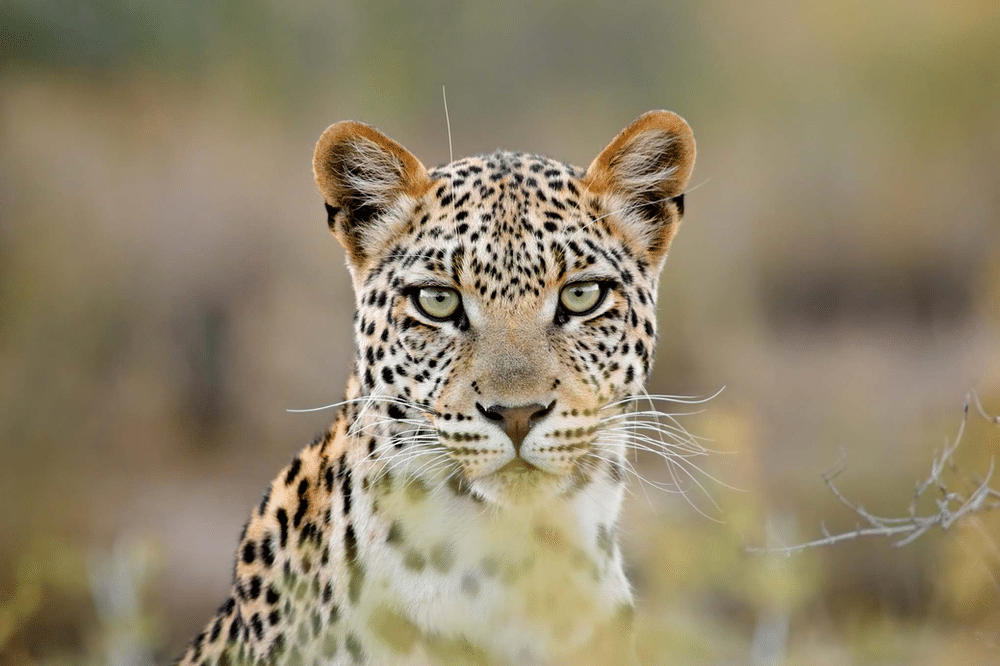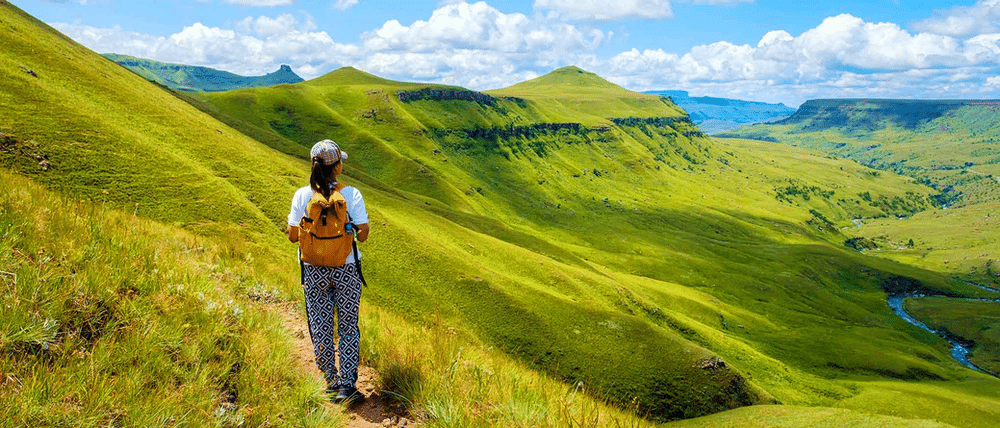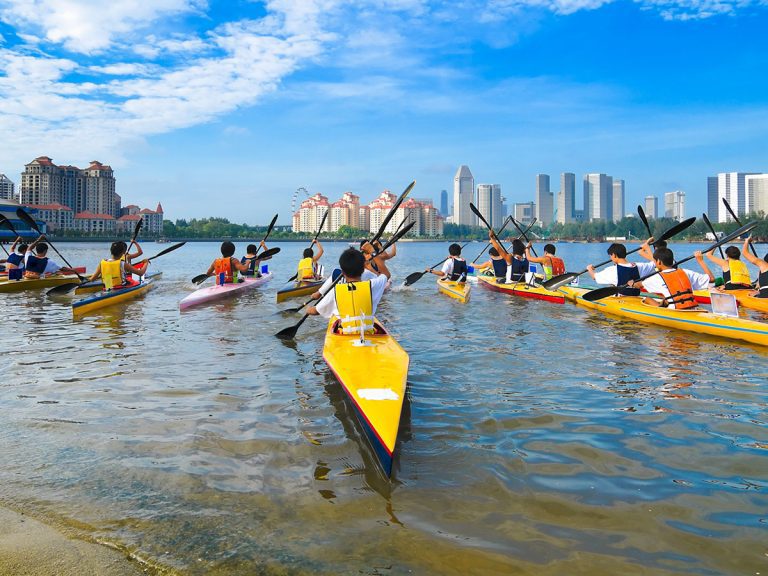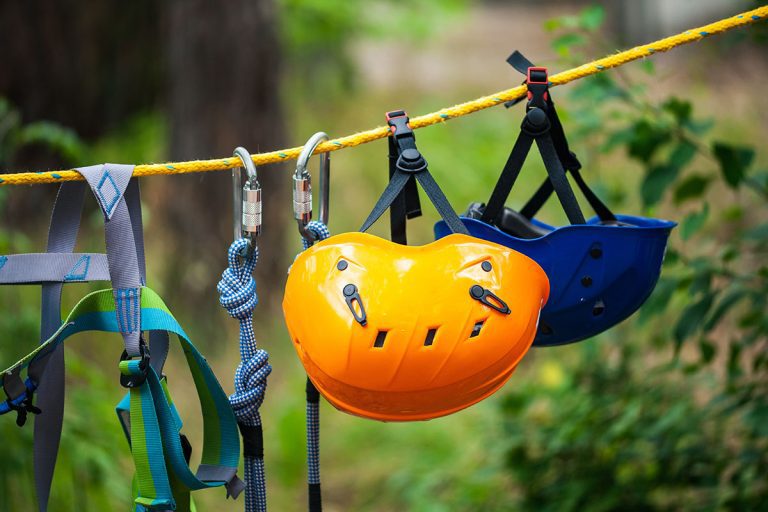
The South African Adventure Industry Association (SA AIA) is raising the alarm about the end of the current national qualifications system for adventure guides in South Africa, without a clear replacement prepared.
In South Africa, a group of 21 Sector Education and Training Authorities, or SETAs, facilitate skill development, and help implement the National Qualifications Framework, which outlines the knowledge and skills that workers must have.
The Culture, Arts, Tourism, Hospitality and Sport SETA, or CATHSSETA, oversees the Adventure Guide Qualification, as well as qualifications for Nature Guides and Culture Guides.
Outdoor adventure tourism guides were required to go through training and pass an assessment conducted by a government-accredited assessor.
However, these guide qualifications were discontinued and expired in 2023. And in July 2024, the existing accreditation system will cease to exist.
Adventure tourism guides play a key role in job creation and sustainable economic development in South Africa. A well-developed system for ensuring that guides are properly trained and certified is vital to ensuring the growth of the outdoor adventure sector, and the social, environmental and economic benefits it brings.
SA AIA has banded together with the Field Guides Association of Southern Africa (FGASA), the National Federation of Tourist Guide Associations (NFTGA), and the Southern Africa Tourism Services Association (SATSA) to address this potential crisis for the country’s tourism and education sectors.
The coalition seeks an extension of the qualifications scheme through 2027 and an expedited process for developing and implementing a replacement system for guide education and certification.
In addition, the groups have asked the National Department of Tourism to support the development of a formal occupational framework for the adventure, culture and nature guiding sector. This will facilitate the certification and legal registration of guides, and help ensure the integrity and professionalism of the sector.
SA AIA’s aspiration is that these developments will enable South Africa’s adventure and tourism sectors to “continue to showcase the beauty and diversity of South Africa to the world.”
South Africa is a world-class destination for outdoor adventure, with spectacular natural beauty, hot air ballooning, windsurfing, whitewater rafting, and wildlife safaris featuring elephant, buffalo, rhino, lion and leopard.
The adventure sector has experienced safety incidents, however, including a 2020 drowning at an outdoor adventure camp, and the January 2024 death of a grade 7 student during a school camp trip.
The implementation of training and qualifications schemes and adventure safety regulation is an important part of improving safety outcomes, and enhancing South Africa’s positive reputation. Other countries, from Oman and the UAE to Japan and Singapore, are putting in place training standards and safety regulations to improve the outdoor and adventure industries in their area.
Viristar, which has provided wilderness medical training to emergency responders across Africa, as well as outdoor risk management courses to adventure professionals across the continent, collaborates with SA AIA, SATSA, the Adventure Qualifications Network and Dirty Boots in South Africa to support adventure safety standards and professional development of the outdoor education and adventure tourism sectors.
To further the adventure sector in South Africa, SA AIA, SATSA and Dirty Boots are also convening South Africa’s second Adventure Summit 2024 this June, in the Champagne Valley in the Drakensberg region.




